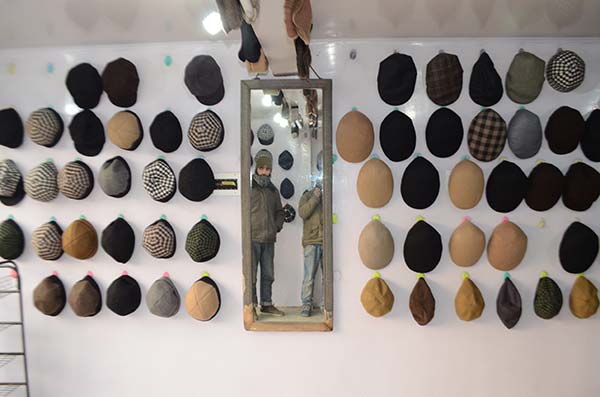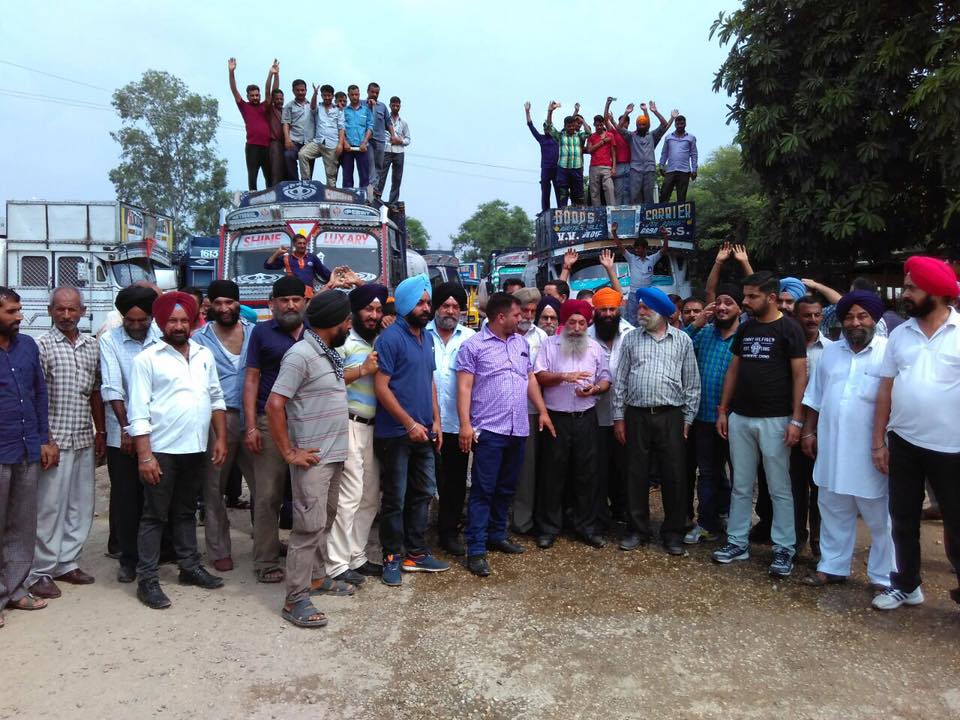by Aiman Fayaz
SRINAGAR: In Kashmir, everything is changing rapidly but some things are never meant to be replaced. Kangri, the traditional Kashmir fire-pot is one of them.
Kashmir’s traditional fire pot has been part of the folklore for centuries. Though it is a full-fledged economy and an inseparable part of Kashmir’s routine lifestyle, the quest to trace its origins is still an academic debate.
In 2023, when everything is replaced with electric devices, Kangri remains the rare survivor, owing to its significance to Kashmir.
Though the business shift has had a drastic effect on willow makers, people in Kashmir cannot get off Kangri even if it means purchasing it at the highest prices. ”Due, to the high prices of raw material, an average Kangri which used to be sold for Rs 150 is now being sold for Rs 400,” said Suhail Ahmad, a willow maker from Fateh Kadal. “We cannot do anything about it, it’s the raw material that costs us more. But people find ways to buy Kangri, even if it means sparing a little more money.”
This fire pot is extensively used by Kashmiris during winter, even during other seasons, if the rainfalls bring down the temperature.
The fire pot helps the digestion of cold foodstuffs, if consumed in winter, as it supplies warmth from outside to the stomach. This portable fire-pot is invariably used under voluminous Pherans by all Kashmiris, although it finds a place also under the wearable blankets of the users.
“No electric appliance can replace Kangri, it has the essence in it that our ancestors have left making it eternal forever,” said Ghulam Mohiddin, a willow maker from Baramulla. “Though it has witnessed changes and makeovers the pot remains the same filled with charcoal, which has its fragrance.”
Although the availability of electronic appliances should have reduced their use among Kashmiris, the non-availability of electricity during winter for long hours, even days, for decades, enhances its absolute necessity.
“There is no winter without Kangri, plus you know the electricity system of Kashmir, we barely have electricity for eight hours a day, and it is impossible to survive in Chillain Kalaan without having a Kangri placed right at our stomach,” said Ghulam Mohammed, a Batamaloo resident.















